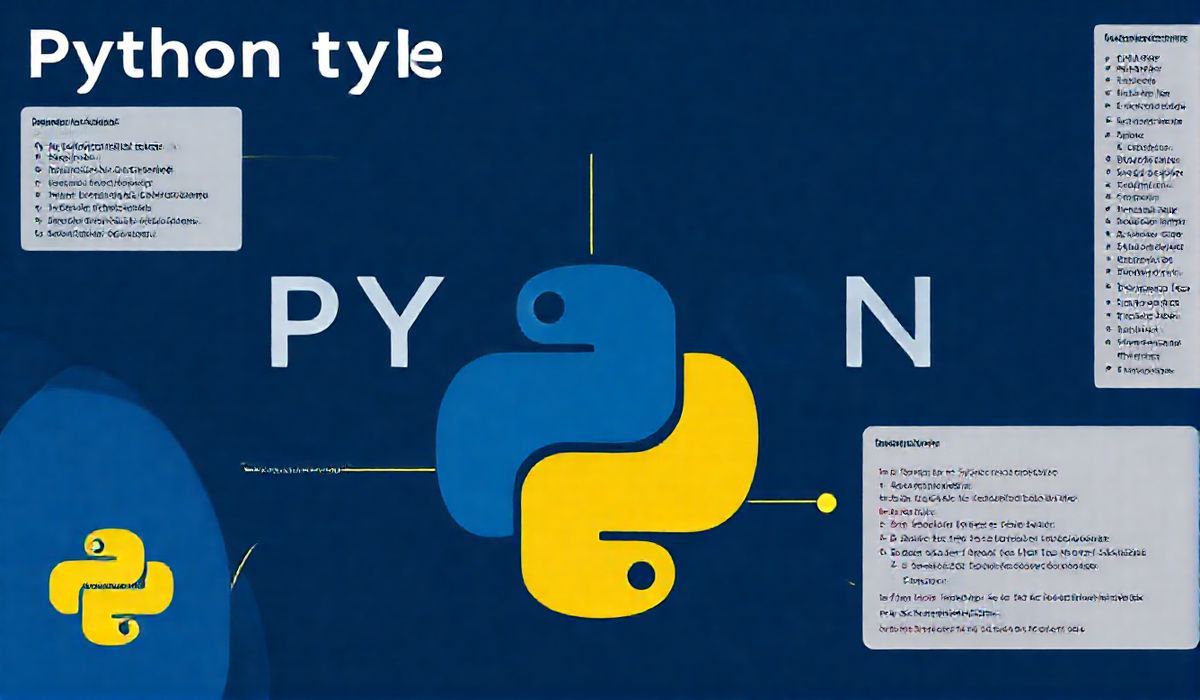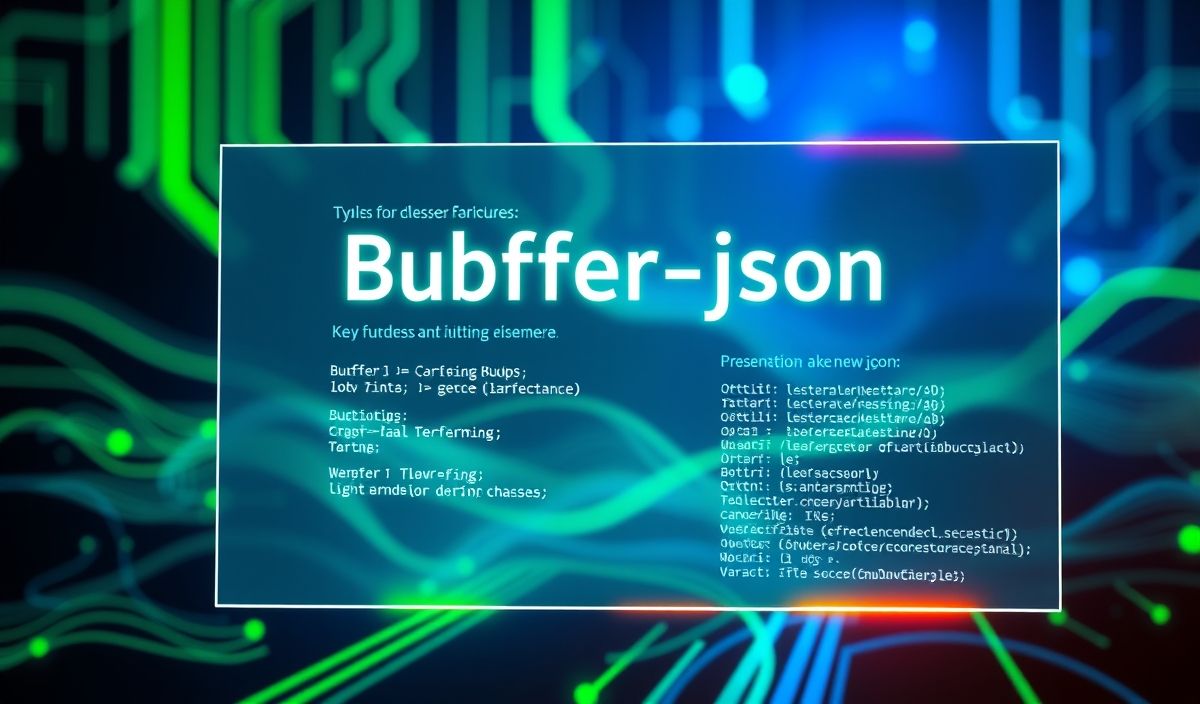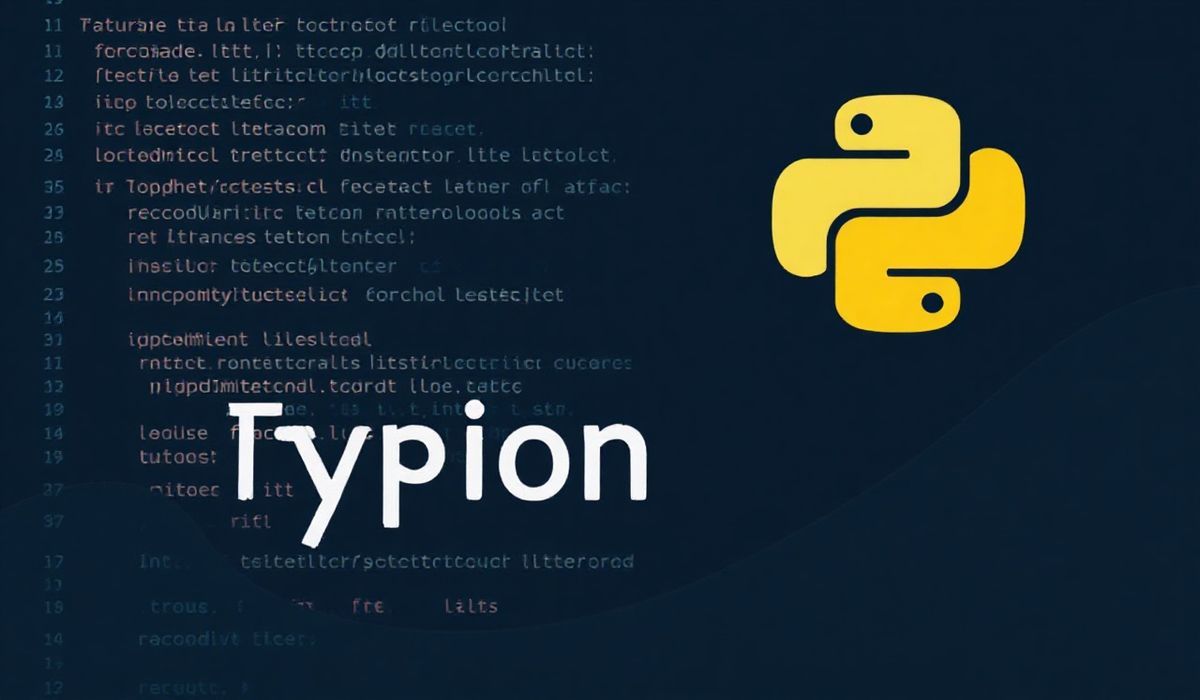Enhance Your Python Projects with Typing-Extensions
The typing-extensions library is a powerful tool that extends the functionality of Python’s native typing module. It provides new type hints and utilities that are introduced in newer versions of Python, while also maintaining compatibility with older versions. This makes it invaluable for developers looking to use advanced typing features without sacrificing backward compatibility.
In this blog post, we’ll explore the most useful APIs introduced by typing-extensions, complete with code snippets to demonstrate how they can supercharge your projects. Let’s dive in!
1. Annotated
The Annotated type allows you to associate metadata with types. This can be useful for tools like linters or runtime frameworks.
from typing_extensions import Annotated
# Add metadata to a type
Age = Annotated[int, "must be a non-negative integer"]
def process_age(age: Age):
print(f"Processing age: {age}")
process_age(25)
2. Literal
Literal helps you restrict a value to a specific set of possibilities.
from typing_extensions import Literal
# Define restricted string values
Animal = Literal["cat", "dog", "bird"]
def make_sound(animal: Animal):
if animal == "cat":
return "Meow"
elif animal == "dog":
return "Woof"
else:
return "Chirp"
print(make_sound("cat"))
3. TypedDict
TypedDict lets you create dictionary-like structures with specific keys and value types.
from typing_extensions import TypedDict
# Define a TypedDict for a movie
class Movie(TypedDict):
title: str
year: int
genre: str
def show_movie_info(movie: Movie):
print(f"Title: {movie['title']} ({movie['year']}), Genre: {movie['genre']}")
movie = {"title": "Inception", "year": 2010, "genre": "Sci-Fi"}
show_movie_info(movie)
4. Final
Use Final to indicate that a variable or attribute cannot be reassigned.
from typing_extensions import Final MAX_CONNECTIONS: Final = 10 # MAX_CONNECTIONS = 20 # This would raise a typing error in tools like mypy
5. @runtime_checkable with Protocol
@runtime_checkable combined with Protocol is used for structural subtyping, even during runtime.
from typing_extensions import Protocol, runtime_checkable
@runtime_checkable
class Greeter(Protocol):
def greet(self) -> str:
...
class Person:
def greet(self) -> str:
return "Hello!"
assert isinstance(Person(), Greeter)
6. Never
Never is used to indicate functions that never return (e.g., they always raise exceptions or run forever).
from typing_extensions import Never
def raise_error() -> Never:
raise RuntimeError("This function never returns")
try:
raise_error()
except RuntimeError:
print("Caught an error!")
7. Self
The Self type hint is useful for specifying methods that return an instance of their class.
from typing_extensions import Self
class MyClass:
def chain(self) -> Self:
print("Chaining...")
return self
obj = MyClass()
obj.chain().chain()
8. Demonstration App
Let’s build a simple app that combines these features. We’ll create a task organizer app using TypedDict, Literal, and more.
from typing_extensions import TypedDict, Literal, Annotated
class Task(TypedDict):
title: str
priority: Literal["High", "Medium", "Low"]
completed: bool
def create_task(title: str, priority: Literal["High", "Medium", "Low"]) -> Task:
return {"title": title, "priority": priority, "completed": False}
def complete_task(task: Task):
task["completed"] = True
# Example usage
task1 = create_task("Write blog post", "High")
task2 = create_task("Read book", "Medium")
complete_task(task1)
print(task1)
print(task2)
Conclusion
The typing-extensions library empowers developers with advanced typing capabilities that make Python code more robust, maintainable, and expressive. By leveraging features like Annotated, Literal, and TypedDict, you can take your projects to the next level. Try incorporating these features into your next Python application to experience the benefits yourself!




